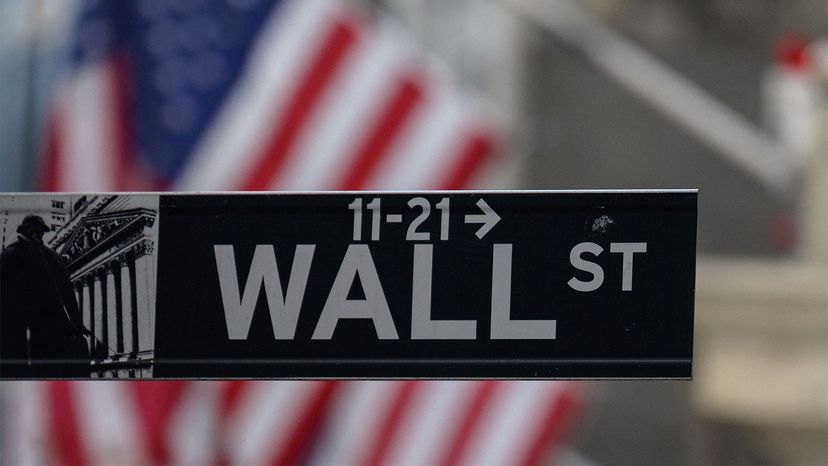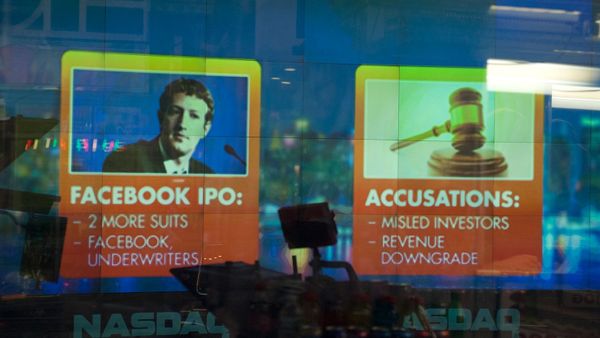
What investor doesn't dream of getting in on the ground floor of some new company with a bold idea, and then watching it become the Apple, Microsoft or Amazon? That's why initial public offerings, or IPOs, are among the most exciting events in the business world.
IPOs involve companies that have grown up to a point by relying upon the resources of the founders, their friends and family, and a few early investors such as venture capital firms. But in order to get bigger and become more successful, they need more money than those sources can provide. So the company will file with securities regulators – in the U.S., that means the Securities and Exchange Commission (SEC) – to become a publicly-traded company. If the company is able to make it through regulatory scrutiny, it offers its shares for sale for the first time at an opening price that's designed to raise the money it needs [source: Fernando].
Advertisement
In addition to raising capital for the company, IPOs also give the company's initial investors a chance to make a return that justifies the risk they took in backing it early on. Their own shares stand to grow in value as they become worth the price that they're trading on the stock market [source: Fernando]. And the legions of investors who buy shares in the newly-public company stand to watch their stake rise quickly in value as well, since IPOs typically are priced so that they go up 15 to 30 percent in value on the first day of trading, a phenomenon called an "IPO pop" [source: Roof]. Of course, they're hoping for an even bigger payday down the road. And they may get it. The top five performing IPOs between 2018 and 2021 each saw the value of their shares go up at least 10 times in value [source: van Doorn].
Of course, not all IPOs are such spectacular successes. Some don't see their shares rise much in value at the onset, and other companies perform disappointingly or even crash and burn.
In this article, we'll find out what an IPO is, why companies have them, and how people and companies make money with them.


